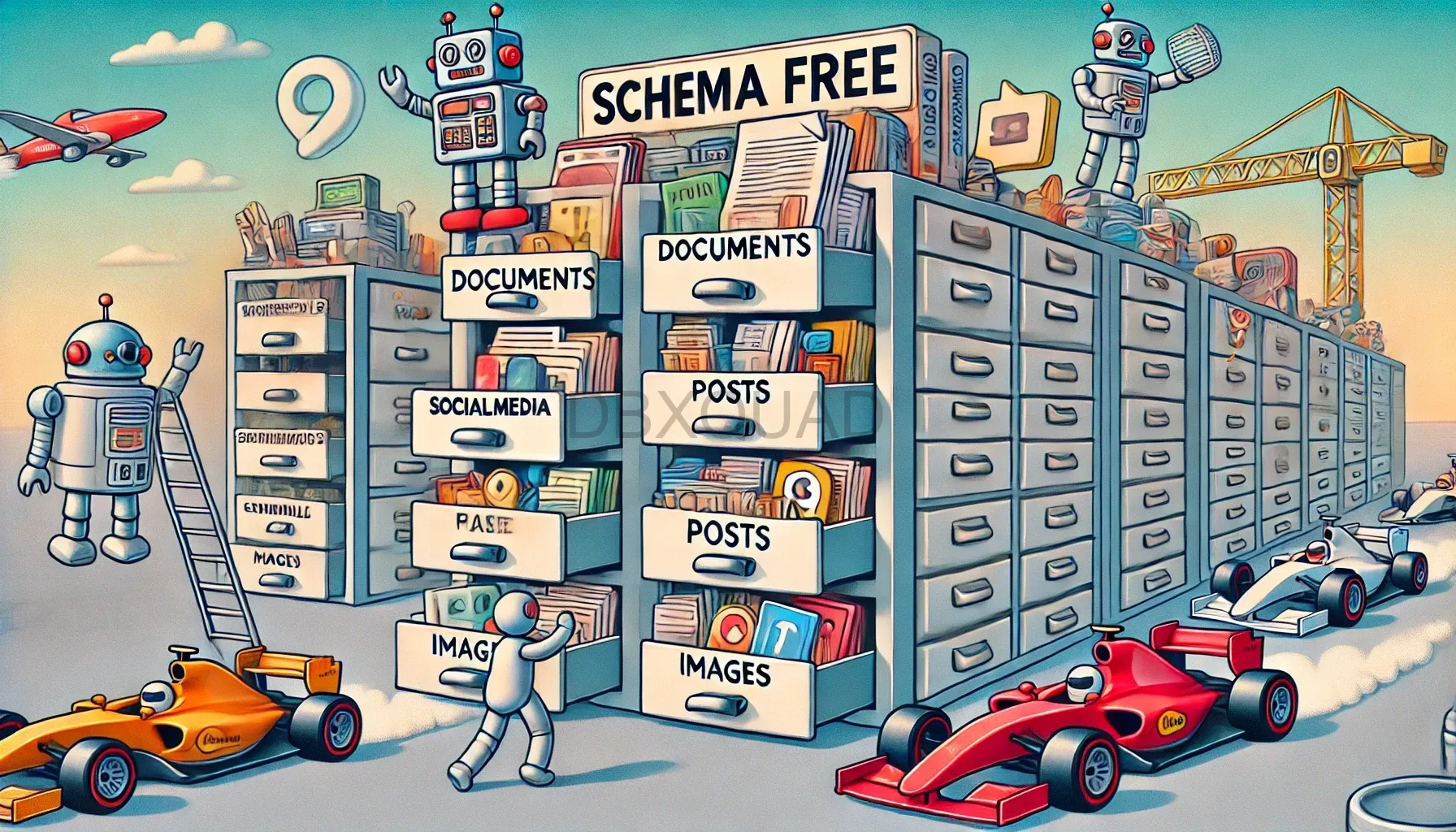Find Out What NoSQL Databases Are and When to Use Them Over Traditional Databases
If you’ve ever heard about databases and pictured a giant, boring spreadsheet that makes you want to take a nap, you’re not alone. Traditional databases (like SQL databases) are super picky—they like everything perfectly organized, kind of like a librarian who alphabetizes everything, even their cereal boxes. But what happens when your information doesn’t fit into such a neat format? That’s where NoSQL databases come in.
NoSQL databases are like that creative friend who keeps everything in a ‘miscellaneous’ drawer and some cluttered shelves but still knows exactly where to find everything. NoSQL is what you need when data is too diverse or complicated to fit neatly into rows and columns.
What Is a NoSQL Database?
NoSQL means “not only SQL.” Instead of using a structured format with rows and columns like traditional databases, NoSQL databases let you store data in more flexible ways. This means they can handle things like lists, documents, and large amounts of quickly changing information, like social media.
Imagine you have a journal where you write all sorts of things: some days you make lists, other days you sketch random stuff, and sometimes you go on and on about whatever’s on your mind. That’s basically NoSQL in action! NoSQL databases work similarly—they let you store different types of data without following strict rules.
Types of NoSQL Databases
There are different types of NoSQL databases, depending on how you want to store and access information:
- Document Databases: Imagine a big folder where you keep different documents, each with unique information. Databases like MongoDB work like this folder, allowing each document to have its own structure.
- Key-Value Databases: Think of an old-fashioned telephone guide. You have a ‘key’ (someone’s name) and a ‘value’ (their phone number). Databases like Redis work this way, making it easy to look up data quickly.
- Graph Databases: These databases are like a relationship map. If you’ve ever wondered how Facebook knows that your friend’s cousin is also your friend, it’s thanks to a graph database. Neo4j is an example of this type.
- Wide-Column Databases: If SQL is like a spreadsheet, wide-column databases are like a super-sized version, where each row can have different columns. Cassandra is a typical example of this type of database.
When to Use NoSQL
NoSQL is great when:
- Your Data Is Messy or Changes a Lot: If your data doesn’t fit neatly into rows and columns, NoSQL is a good choice.
- You Need to Scale Quickly: NoSQL databases are better at handling large amounts of fast-growing data, like what you’d see in a social media app.
- Relationships Between Data Aren’t That Important: Unlike SQL, where you link tables, NoSQL works better when you don’t need many connections between data.
Imagine you have a small personal library, neatly organized with each book on the correct shelf (that’s SQL). But if you suddenly decide to store books, magazines, photos, and sticky notes all mixed up with no specific place, then you need something like NoSQL, which doesn’t make you follow strict rules.
Pros and Cons
- Pros:
– Flexibility: You can store different types of data without worrying about a fixed structure.
– Scalability: Easy to expand as the amount of data grows.
- Cons:
– Less Consistency: Because it’s so flexible, it can be harder to keep data consistent.
– Less Structure: If you need a precise order and many relationships between data, SQL is a better option.
Final Thoughts
NoSQL databases are great when you need flexibility and don’t want your data to follow a strict structure. Think of NoSQL like a party with no dress code—everyone shows up in whatever they want, from pajamas to tuxedos, and somehow it all works: that’s the beauty of NoSQL. SQL, on the other hand, is like a formal dinner, where everyone has an assigned seat and everything is in order.
There’s no perfect solution that fits every situation—it really depends on what you need. If your data is diverse and you need to grow fast, NoSQL could be your go-to. But if you need everything to be organized and structured, SQL is still your best bet.
